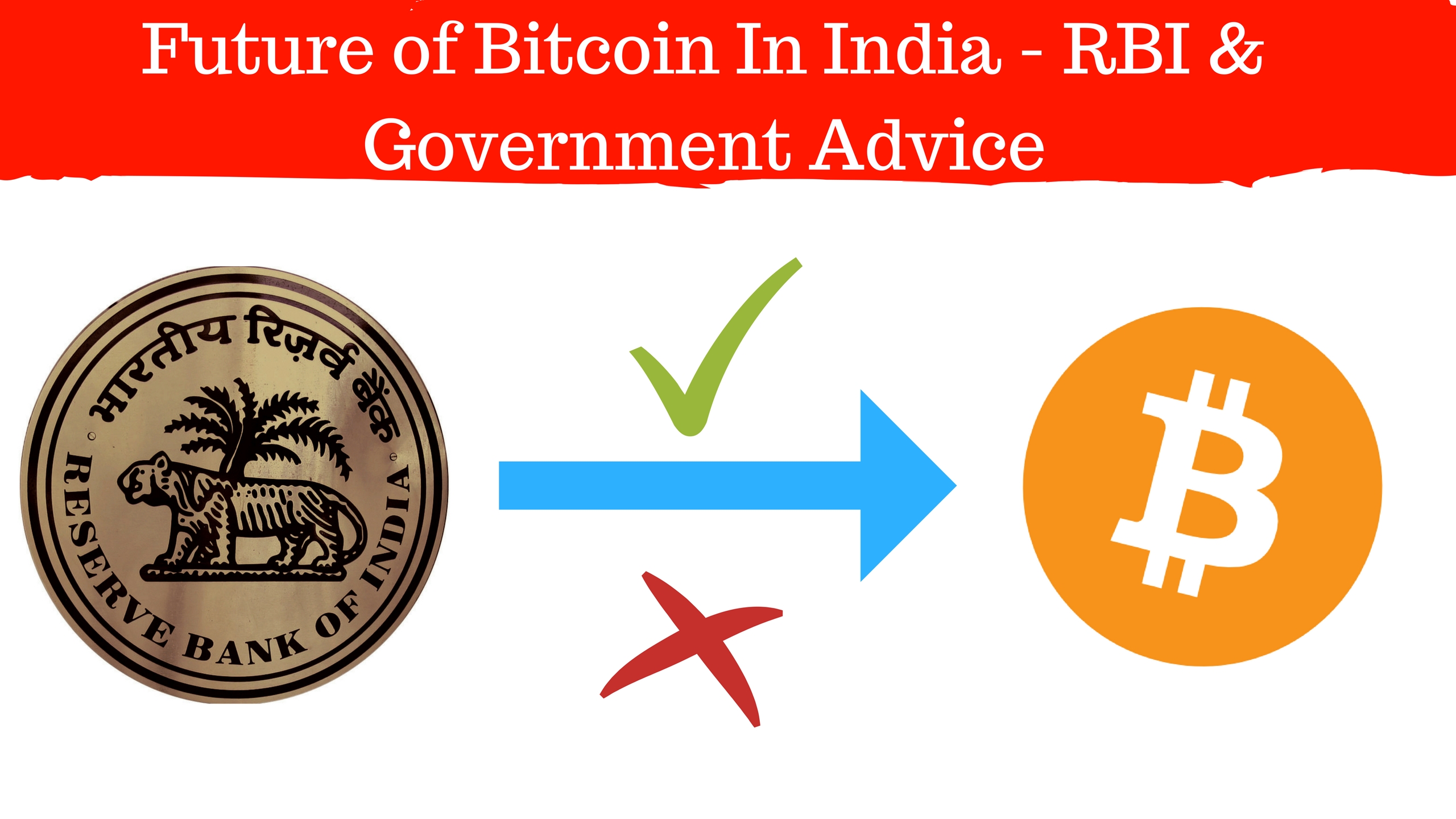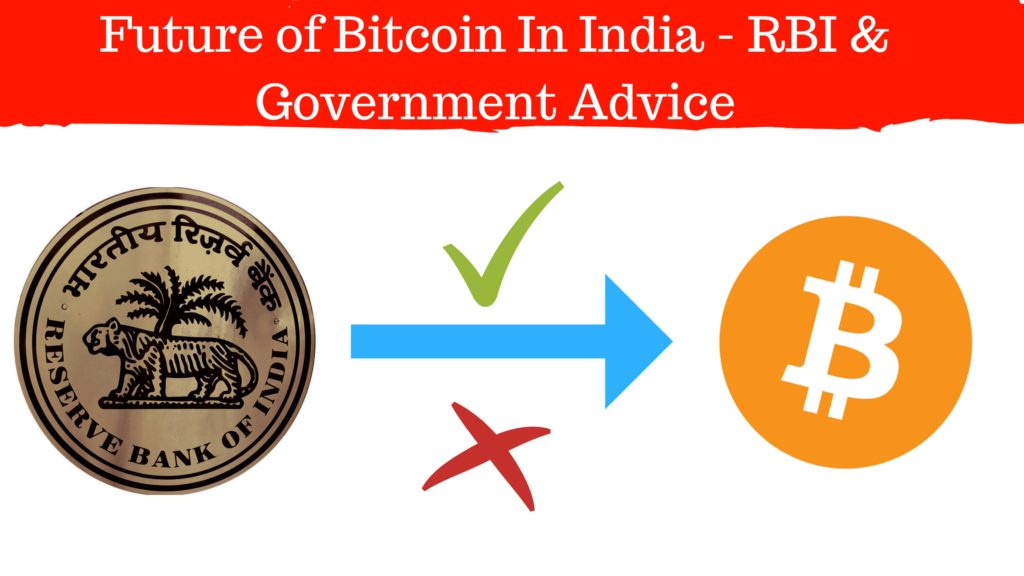Cryptocurrencies are digital currencies or assets that take advantage of distributed ledger systems in hopes of creating a decentralized digital economy. As these currencies are decentralized in nature there are no central authorities to control them.
In case of fiat currencies, government bodies create them following a set of rules and control the distribution. But cryptocurrencies follow no set rules – the adopters are the ones who control them. Plus as they are digital currencies they are not bound by the rules of any single jurisdiction or country.
And this reason alone is enough to alert the finance ministries and tax authorities of most countries.
Read –
Beginners Guide To Fundamentals Of Cryptocurrency – Buying , Selling & Trading
Contents
WHAT IS BITCOIN?
Bitcoin is an open source peer to peer cryptocurrency that utilizes the blockchain technology. As a matter of fact, Bitcoin is the first cryptocurrency ever created.
It also is the first digital currency that implemented the concept of the blockchain. As Bitcoin uses blockchain it is truly decentralized and fundamentally every user has a voice.
Satoshi Nakamoto, a pseudonymous individual or group of individuals, created Bitcoin in 2009. Since then Bitcoin has seen a lot of ups and downs.
But it was not until 2017 Bitcoin saw massive popularity and mass acceptance. From mainstream media to normal investors everyone now knows about cryptocurrencies, thanks to Bitcoin.
Currently, Bitcoin has a market cap of $317 billion and one BTC costs in excess of $18000.
The cryptocurrency grew rapidly throughout this year because of a lot of reasons. Even world’s largest futures exchange, CME Group commenced Bitcoin futures trading from last week.
RBI’S AND GOI’S VIEWS REGARDING BITCOIN
Although a lot of people from all around the globe are rooting for Bitcoin, most governments actually feel threatened by it. As a result, Bitcoin is not seen as a legal tender in many countries.
Some countries have even gone further and have banned it outright. But there are exceptions like Japan which sees Bitcoin as a legal currency.
Reserve Bank of India, the central bank of the country, and finance ministry are very clear on their stand on Bitcoin. They trust the underlying technology of Bitcoin, that is the blockchain. But they do not trust Bitcoin itself. The causes are outlined below –
NO CENTRALIZED AUTHORITIES
According to Reserve Bank of India, decentralized virtual currencies are extremely risky. This is because they are not under the control of centralized authorities.
RBI also states that as there is no central authority to regulate the payments, the users of Bitcoin and other cryptocurrencies will face a lot of issues. And when they face these issues there will be no one for redressing those grievances.
NO REAL VALUE
Moreover, cryptocurrencies like Bitcoin are created out of thin air by the process of mining. So they do not have any real value attached to them.
The value of a cryptocurrency depends upon several factors like speculation, trading volume and the trust of the adopters.
NO RULE TO GOVERN THEM
Cryptocurrencies are the wild west of the Internet. There are no rules and certainly, there is no fixed set of protocols a cryptocurrency needs to follow.
Plus cryptocurrency exchanges are spread all over the world. So they are not bound by a single country’s laws either. This makes it harder for the law enforcement authorities to take action in case of frauds or any other crimes.
PROMOTES ILLEGAL ACTIVITIES
According to the Reserve Bank of India Bitcoin is often misused to carry out illegal transactions and fund illicit activities as it provides anonymity.
Although it is partially true it’s not really true in all cases. While hackers and scammers often use Bitcoin to carry out transactions, Bitcoin is not anonymous at all. Leading investigation agencies have demonstrated that Bitcoin addresses can be traced back to an individual.
ADDITIONAL RISKS
With Bitcoin, you can lose all your funds because of a forgotten password or a misplaced keyword. Moreover, you can also lose your fund due to hacking, scam, an exchange misplacing your balance etc.
This is not only true for Bitcoin but also true for most cryptocurrencies. This is a risk you will have to take when dealing with cryptocurrency.
THE FUTURE OF BITCOIN IN INDIA
When asked about Bitcoin on November 30th current finance minister of India Mr. Arun Jaitley said, “The government’s position is clear, we don’t recognize this as legal currency as of now”.
This is just a reiteration of their earlier statements regarding Bitcoin and cryptocurrencies.
While India doesn’t recognize Bitcoin as a legal tender it doesn’t force its nationals to stop using it either. That is why Bitcoin exchanges are legally authorized to operate in India. But they all need to follow some guidelines to be considered a legal operation.
These exchanges need to collect KYC information from their customers and proper bank details beforehand. They also need to go through regular tax audits.
This allows the Income Tax department to keep a track on the exchanges as well as the investors.
Just a few days back on 14th December, the IT department conducted a nationwide raid on Bitcoin exchanges.
This goes to show that the government is leaving no stones unturned to track down tax evaders and money launderers. Because believe it or not cryptocurrencies like Bitcoin are constantly used for laundering money.
FINAL WORDS
Cryptocurrency analysts from all over the world have often claimed that India may play a great role in the future of cryptocurrencies.
They believe this because India is world’s largest democracy and one of the biggest economies of the world. So if India takes the path of banning cryptocurrencies completely then it will surely prove to be a huge blow.
But fortunately, the government of India still hasn’t taken a path this harsh. Moreover, finance authorities of India see the blockchain technology as a great innovation. So they are all up for adopting it.
Last month the country’s one of the premier banks State Bank of India launched their blockchain backed private distributed ledger.
The bank has teamed up with 29 other banks and corporates to create this blockchain. Also, Axis Bank of India adopted Ripple’s blockchain technology to provide instant overseas payment solution to their customers.
So in my opinion the future of Bitcoin in India is still secure. But this can change any time. So always exercise caution when dealing with cryptocurrencies.


